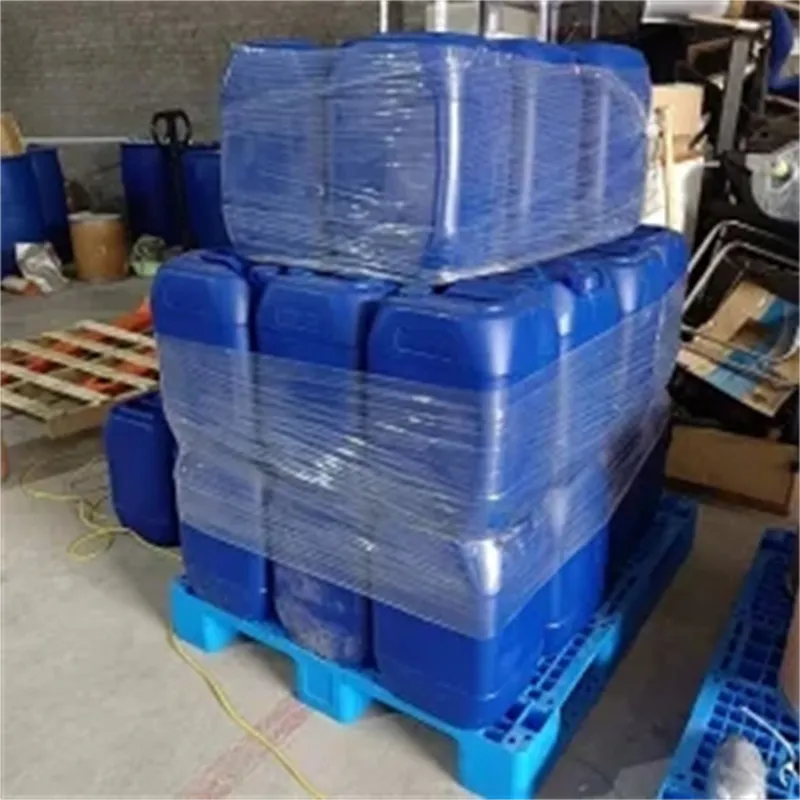
e140 food additive
Understanding E140 Food Additive Chlorophylls and Their Uses
In the world of food additives, E140 stands out as a natural pigment that is widely utilized in various food products. E140 refers to chlorophylls, the green pigments found in plants, which play a crucial role in photosynthesis. These pigments are not only significant for plant life but have also made their way into the food industry due to their appealing color and potential health benefits. This article delves into what E140 is, its applications, benefits, and safety considerations.
What is E140?
E140 comprises chlorophyll A and chlorophyll B, extracted from green plants such as alfalfa, spinach, and nettles. The extraction process often involves the use of organic solvents or hot water to obtain the chlorophyll, resulting in a dark green liquid that can be spray-dried into powder form. As a food additive, E140 is primarily used as a colorant to enhance the visual appeal of a wide range of food products.
Applications of E140
E140 is commonly used in the food industry to impart a vibrant green color to foods and beverages. It can be found in a variety of products, including
1. Confectionery E140 is often added to sweets, candies, and gummies to create attractive green hues.
2. Dairy Products Ice creams, gelato, and other frozen desserts may contain E140 to enhance their appeal, especially those with natural fruit flavors.
3. Beverages Many smoothies and health drinks utilize E140 to give a fresh, green appearance, aligning with their health-oriented branding.
4. Processed Foods Sauces, snacks, and ready-to-eat meals may contain chlorophyll to improve their color and possibly mask undesirable hues from other ingredients.
e140 food additive

Health Benefits
Chlorophyll has been studied for various health benefits, although more research is needed to draw definitive conclusions. Some of the proposed benefits include
- Antioxidant Properties Chlorophyll may help neutralize free radicals in the body, thus reducing oxidative stress and promoting overall health.
- Detoxification Some studies suggest that chlorophyll could aid in detoxifying the body, enhancing liver function, and purifying the bloodstream.
- Skin Health Due to its potential anti-inflammatory and antimicrobial properties, chlorophyll is sometimes used in skincare products and treatments.
Safety Considerations
E140 is generally recognized as safe (GRAS) by food safety authorities when consumed in moderate amounts. It is important to note that, as with any food additive, excessive consumption may lead to unforeseen effects. Some individuals might experience allergic reactions, although such occurrences are rare. Therefore, consumers should always check labels for any potential allergens, especially if they have sensitivities to certain plants.
Conclusion
E140, or chlorophylls, serves as a natural food additive that not only enhances the aesthetics of food products but may also provide several health benefits. Its applications range from confections to dairy and beverages, making it a versatile ingredient within the food industry. As consumers become increasingly aware of food ingredients, E140 appeals to those looking for natural and health-conscious options. With its vibrant green color and potential health advantages, E140 remains a noteworthy addition to the array of food additives available today. In an ever-evolving market, understanding these additives empowers consumers to make informed choices about the foods they consume.
-
Pure Sodium Dichloroisocyanurate Dihydrate | Powerful DisinfectantNewsAug.29,2025
-
Industrial Chemicals: Quality & Purity for Every IndustryNewsAug.28,2025
-
Nitrile Rubber Honoring Strict Production StandardsNewsAug.22,2025
-
Aspartame Ingredients Honoring Food Safety ValuesNewsAug.22,2025
-
Fertilizer for Balanced Plant NutritionNewsAug.22,2025
-
Cyanide Gold Processing with High Purity AdditivesNewsAug.22,2025
-
Formic Acid in Textile Dyeing ApplicationsNewsAug.22,2025
Hebei Tenger Chemical Technology Co., Ltd. focuses on the chemical industry and is committed to the export service of chemical raw materials.
-

view more DiethanolisopropanolamineIn the ever-growing field of chemical solutions, diethanolisopropanolamine (DEIPA) stands out as a versatile and important compound. Due to its unique chemical structure and properties, DEIPA is of interest to various industries including construction, personal care, and agriculture. -

view more TriisopropanolamineTriisopropanolamine (TIPA) alkanol amine substance, is a kind of alcohol amine compound with amino and alcohol hydroxyl, and because of its molecules contains both amino and hydroxyl. -

view more Tetramethyl Thiuram DisulfideTetramethyl thiuram disulfide, also known as TMTD, is a white to light-yellow powder with a distinct sulfur-like odor. It is soluble in organic solvents such as benzene, acetone, and ethyl acetate, making it highly versatile for use in different formulations. TMTD is known for its excellent vulcanization acceleration properties, which makes it a key ingredient in the production of rubber products. Additionally, it acts as an effective fungicide and bactericide, making it valuable in agricultural applications. Its high purity and stability ensure consistent performance, making it a preferred choice for manufacturers across various industries.





